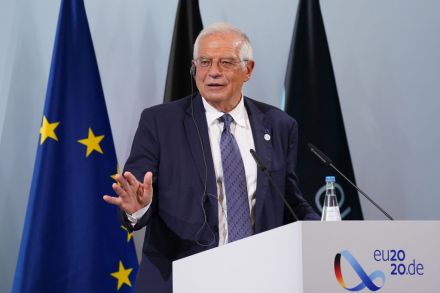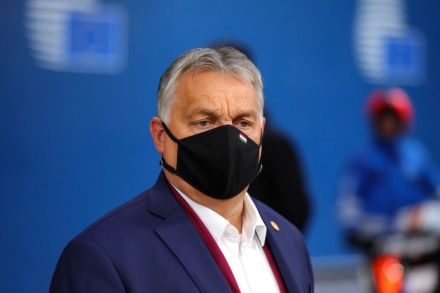Euros 2021: England are easily the most boring side in the tournament
England 0 Scotland 0 Hungary 1 (Fiola) France 1 (Griezmann) It is remarkable how Southgate has sucked the life out of such talented players over the last two or three years The wonderful Hungarians almost took my mind off England’s lamentable performance last night and the usual stupid, self-serving, excuses from Southgate. England are easily the most boring side in this tournament. It is remarkable how Southgate has sucked the life out of such talented players over the last two or three years. Maybe we should hand out MBEs for any England player who can score. Scotland fought well and won every fifty-fifty ball – but then England consider themselves




















